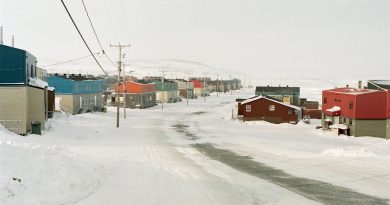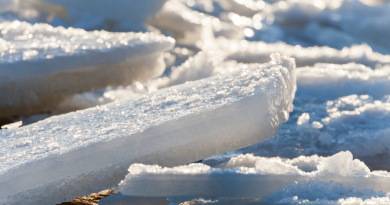Environmental groups call for action on black carbon pollution
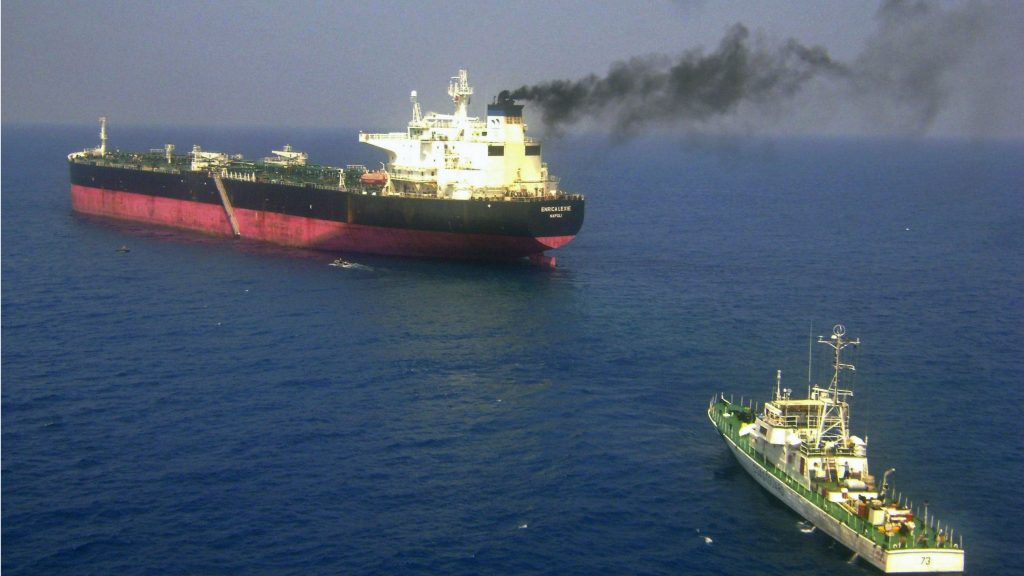
Environmental groups blasted the U.S. Wednesday for torpedoing the traditional joint declaration at the conclusion of the biennial Arctic Council ministerial meeting in Rovaniemi, in northern Finland, and called on Arctic nations to redouble their efforts to fight black carbon pollution in the region.
For the first time in the Arctic Council’s 23-year history, the ministerial summit was unable to reach a consensus on issuing a joint declaration, after the U.S. delegation headed by Secretary of State refused to sign the Rovaniemi Declaration on challenges in the Arctic due to differences over climate change wording, diplomats said on Tuesday.
Instead, in a brief statement, ministers from the United States, Canada, Russia, Finland, Norway, Denmark, Sweden and Iceland repeated their commitment to sustainable development and the protection of the Arctic environment.
“The U.S. government’s blatant disregard of the changes taking place in the Arctic, which has lost three-quarters of summer sea ice in the last four decades, only serves to underline the need for the Arctic nations to reaffirm their commitment to reducing black carbon emissions, through collaboration within the International Maritime Organization (IMO),” said Sian Prior, lead advisor to the Clean Arctic Alliance.
A spokesman for the State Department said the U.S. supports a “balanced approach that promotes economic growth and improves energy security while protecting the environment.”
“The United States is a world leader in reducing emissions,” a State Department spokesperson said. “U.S. energy-related CO2 emissions fell by 14 percent between 2005 and 2017, even as our economy grew by 19.4 percent – largely due to the development and deployment of innovative energy technologies.”
Focus on black carbon
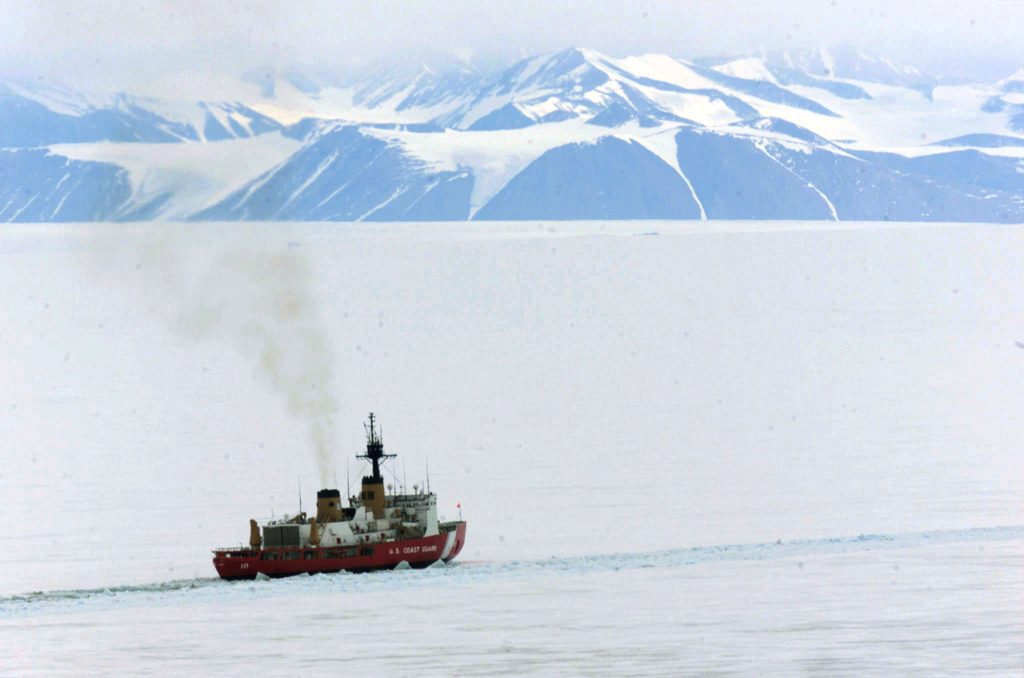
Pam Person of the International Cryosphere Climate Initiative said the statement from the meeting’s chair, Finland’s Minister for Foreign Affairs Timo Soini, confirms the Arctic Council’s support for enhanced national efforts and international cooperation to reduce emissions of black carbon, a harmful air pollutant.
Soini said the majority of Arctic Council members “regarded climate change as a fundamental challenge facing the Arctic and acknowledged the urgent need to take mitigation and adaptation actions and to strengthen resilience.”
“Our meeting emphasized the need for national efforts and cooperation on pollution prevention, emission reductions and conservation of biodiversity, while a majority of us particularly emphasized the need to reduce greenhouse gas and black carbon emissions and to enhance work on climate change adaptation,” Soini’s statement said.
This means that all eight Arctic states, including the U.S., must seize the opportunity during the IMO’s Marine Environment Protection Committee meeting next week to support measures that will reduce the impact of black carbon emissions from international shipping on the Arctic, Person said.
This includes requiring ships sailing in the Arctic to only use lighter, cleaner fuels, he added.
The product of incomplete combustion of organic fuels, black carbon contributes up to 21 per cent of maritime shipping’s climate warming impact, according to the Clean Arctic Alliance, a coalition of 18 non-profit organizations calling for a ban on the use and carriage of heavy fuel oil in Arctic waters.
Black carbon emissions in the Arctic end up on snow, on glacier ice and sea ice, reducing their ability to reflect sun rays (albedo) and increasing the absorption of heat.
As multi-year sea ice recedes due to climate change, Arctic waters will open up to increased shipping, which in turn could lead to increased black carbon emissions, fueling an already accelerating feedback loop, climate scientists warn.
Manifesto urges Iceland to work on HFO ban
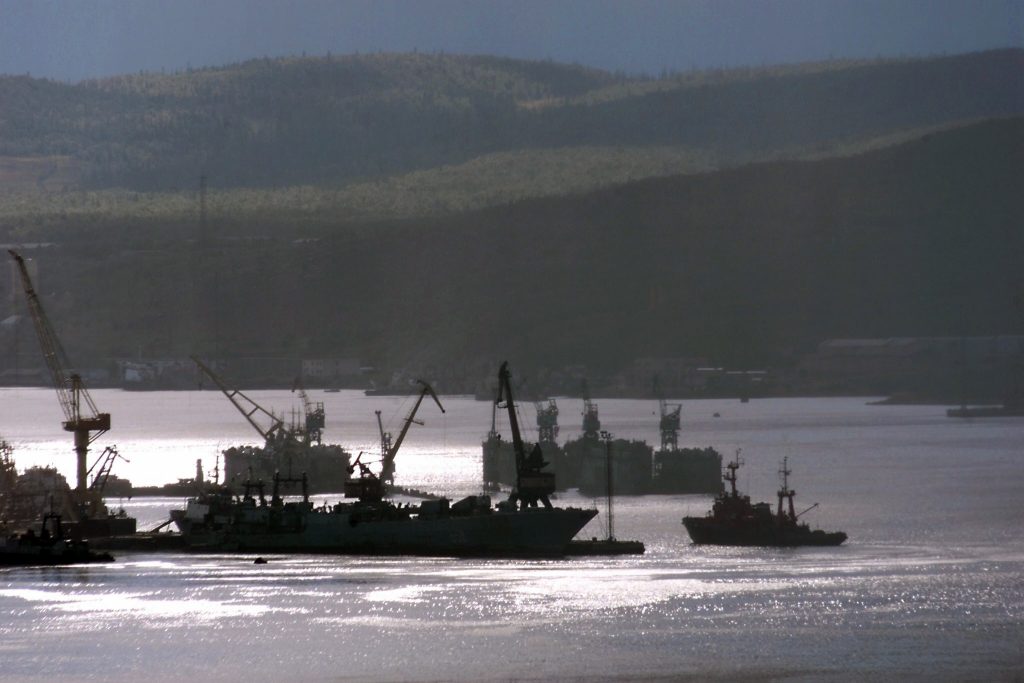
In a manifesto released prior to the Arctic Council ministerial in Rovaniemi, the Clean Arctic Alliance urged Iceland, which took over the rotating chairmanship of the Arctic Council for the next two years, to focus on reduction of black carbon emissions in the Arctic.
“Iceland must use its leadership position to drive rapid action,” Árni Finnsson, chairman of the Iceland Nature Conservation Association, said in a statement.
“Reducing the impacts of black carbon emissions by banning the use and transport of heavy fuel oil by ships operating in the Arctic is an effective way to start to alleviate the pressure on the region’s environment.”
HFO ban plan in works
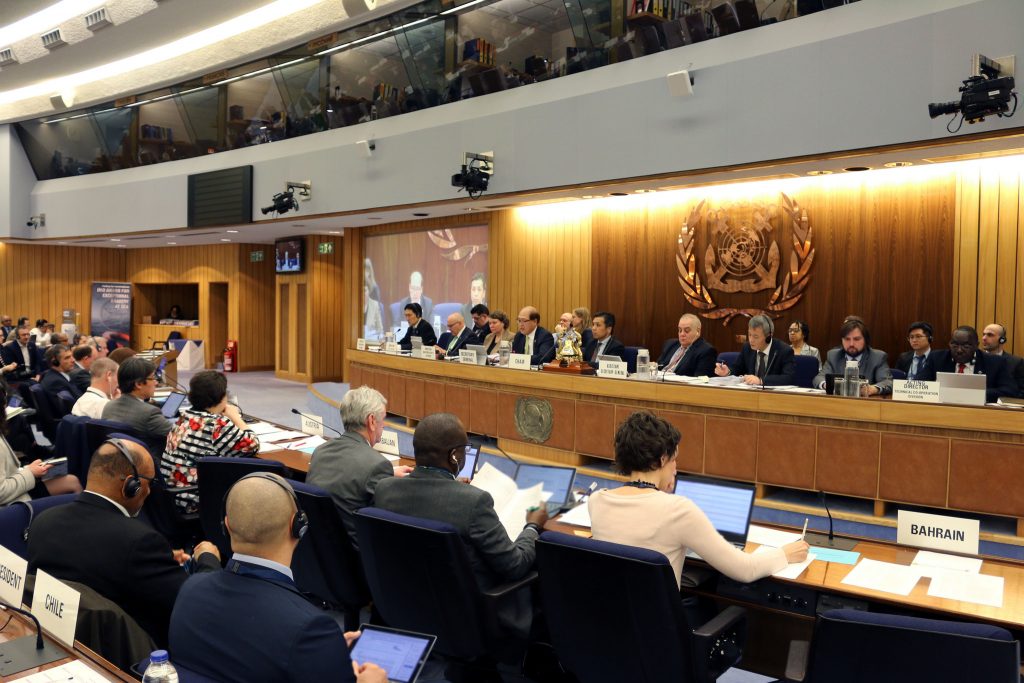
Members states of the International Maritime Organization agreed to plans to develop a ban on heavy fuel oil (HFO), also known as bunker oil, from Arctic shipping, along with an assessment of the impacts of such a ban, during the IMO’s Marine Environment Protection Committee (MEPC72) meeting in London.
The manifesto urges Iceland to encourage its fellow Arctic states, in particular, Russia and Canada, to support the ban on the use and carriage of heavy fuel, a major source of black carbon, from ships operating in Arctic waters.
“Arctic Council Members must act on their commitment to show global leadership on emissions of black carbon, including through the burning of heavy fuel oil, which has a direct impact on the Arctic climate,” Prior said in statement.
“The Arctic Council must foster an Arctic shipping zero-emission vision which involves speedy action to ban on the use of heavy fuel oil and eliminate shipping black carbon emissions.”
Canada and Russia are worried about the impact of the outright ban on shipping costs to remote Arctic communities.
The manifesto calls for measures to ensure that transition funds will be available to support Arctic Indigenous communities when a ban on the use and carriage of HFO by ships in Arctic waters is implemented.
The manifesto also calls for increasing research, developing and adopting measures to mitigate the impacts of Arctic ocean acidification, as well as fighting marine litter and marine plastic pollution.
Related stories from around the North:
Canada: The Arctic ‘locked-in’ for 3 to 5 °C temperature rise, UN report warns, Radio Canada International
Finland: U.S., Russia thwarting black carbon reduction efforts in Arctic, says Finland, Yle News
Norway: Temperatures on Svalbard have been above normal for 100 straight months, The Independent Barents observer
Russia: Nornickel promises to slash toxic smelter emissions in northwest Russia, The Independent Barents Observer
Sweden: Sweden ‘too slow’ in meeting emissions goals: climate report, Radio Sweden
United States: Inuit from Alaska, Canada, Greenland & Russia condemn U.S. torpedoing of Arctic Council declaration, Radio Canada International


